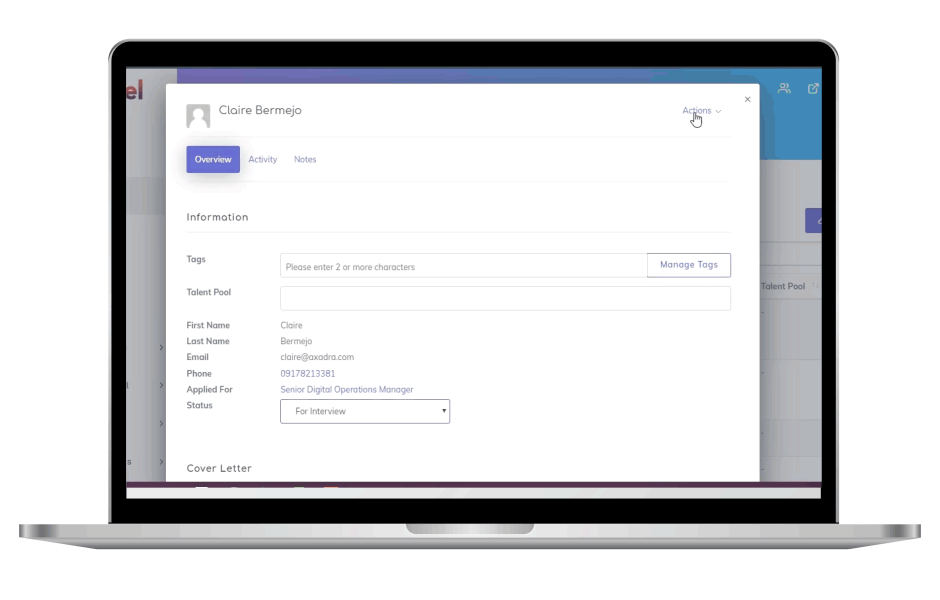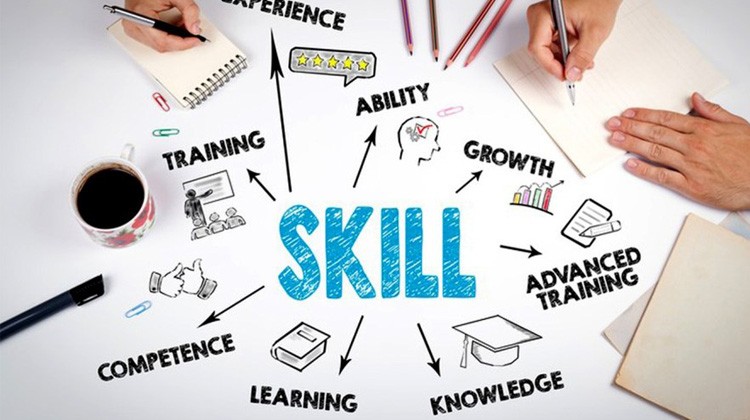Different Interview Questions and What They Mean
Part of the daily grind of recruiters is to get to know candidates who not only have the skills for the job, but also the qualities to be culturally fit for the company.
Your job involves picking out the best candidates in a sea of job applicants, so naturally, you want to pick out the good ones as efficiently as possible with very little time or effort on you and your team’s part wasted. This means utilizing a job interview scheduling software to ensure there are no overlaps and oversights, confirming applicants’ attendance at least 24 hours before their scheduled interview, and asking the right questions to fully understand each applicant and what they can bring to the table.
As much as applicants prepare for every interview, you should also show the same amount of preparation to unearth information about them in a short amount of time. Start by asking these important questions during the interview.
Interview Questions About Their Capabilities
The majority of the hiring process is dedicated to determining the skill set the applicant can bring to the table. Interview questions about their work experience, credentials, and skills help you discover if they’re the right match for the position. But, that’s not all. You also need to know about their strengths and weakness.
How do you frame interview questions for this type of information? Here are a few samples:
“Walk me through your experience from your previous work. What projects showed results that you’re most proud of?”
By asking about successful projects, you’ll learn if the applicant is someone who has the drive to make things happen and deliver results your company is looking for. This also helps you determine if there are patterns surrounding particular circumstances and identify where their strengths and weaknesses lie. From this question alone, you can see if the applicant has the initiative and enthusiasm to get things rolling.
“What was the hardest challenge you encountered throughout your work experience? How did you address it?”
Questions of this nature allow you to understand an applicant’s problem-solving capabilities. This also provides you with insights on how an applicant takes responsibility during an unexpected turn of events, what they learn from this experience, and how they apply it in the future. Asking this question during the interview can help you uncover the applicant’s resilience in solving complex problems, as well as their persistence in achieving results.
“What skills are you looking to improve?”
This allows you to know where they are at with their skill sets, while testing the applicant of any initiative to grow with you. Framing your question this way also provides you insights on areas of improvement instead of pointing out flaws that make the applicant lose their confidence in their qualification. You can also add their future plans of how they’ll be improving their skills, so you have an idea of what they’re doing to develop their core expertise.
Interview Questions About Their Work Ethics
Asking interview questions that allow you to dive into how they translate their skills into performance will give you an idea of how far their professional commitment goes. Are they open to collaboration? How do they work under pressure? These are often common questions that go under this category.
You can frame your questions differently to dig deeper and determine how applicants can become an asset to your company:
“Were there any projects you spearheaded in your previous work? How did the project turn out?”
While this may not be applicable to all candidates, asking this question during the interview will help you unearth if they’re a passive team member or a go-getter. You’ll also get a better sense if the applicant is comfortable being in a leadership role and has the goal of exploring opportunities on a management track.
“What is your ideal work environment?”
Job seekers don’t only look for the best company that suits their skills; the environment and company culture are also big motivators for them to accept an offer. Asking candidates what their idea of a good work environment is can help you enlist one who can flourish in the kind of company culture you have. This will help you determine if the applicant will be comfortable working with you.
“How do you start your day at work?”
While it may appear as a very casual question, this can help you discern an applicant’s work style and priorities once they come into the office. Asking this question will reveal a few things about their mindset, habits, and overall attitude as they go about their work.
“If you were accepted to this position, what’s the first thing would you work on?”
This is an effective question in checking if the applicant has a clear understanding of what the position entails. It also gives you an opportunity to determine if the applicant is capable of handling multiple tasks and listing their priorities. This also demonstrates the applicant’s critical thinking capabilities and their commitment to solving problems.
“What word best describes success for you?”
This is a highly subjective question, but it reveals a lot about the motivation behind a candidate’s career pursuits. The answer they give can show how serious they are about pursuing a specific career track and what approach they take to achieve success.
Interview Questions About Their Lifestyle
During the interview, you’re not only inquiring about the capabilities of applicants to work in a culture you’ve fostered, but also their overall personality. You’re hiring real people who have unique characteristics, and it’s important to know if these characteristics will contribute to the culture you’re building within your company.
These cultural fit interview questions can be framed into the following:
“Tell me something that’s not on your resume.”
Job seekers receive this type of question most of the time, and for a good reason. This allows you to find out an interesting hobby or quality about the candidate that normally doesn’t surface when you’re asking standard interview questions. This also eases the conversation to a lighter, more casual tone, while revealing a certain aspect of the applicant’s personality.
“What type of activities do you enjoy doing outside of work?”
Work-life balance is important in maintaining the well-being of employees in your company. This type of question is a good indicator if the applicant is capable of developing bonds with other members of your staff through shared interests or lifestyle. This also helps you establish common ground with the applicant, making it easier to build rapport throughout the interview.
Go Beyond the Cliché
The goal of your interview is to select the right candidate for the position you’re trying to fill. By framing your questions differently from cliché interviews, you can get responses that allow you to better judge an applicant and determine if they’re the right fit for your company.













